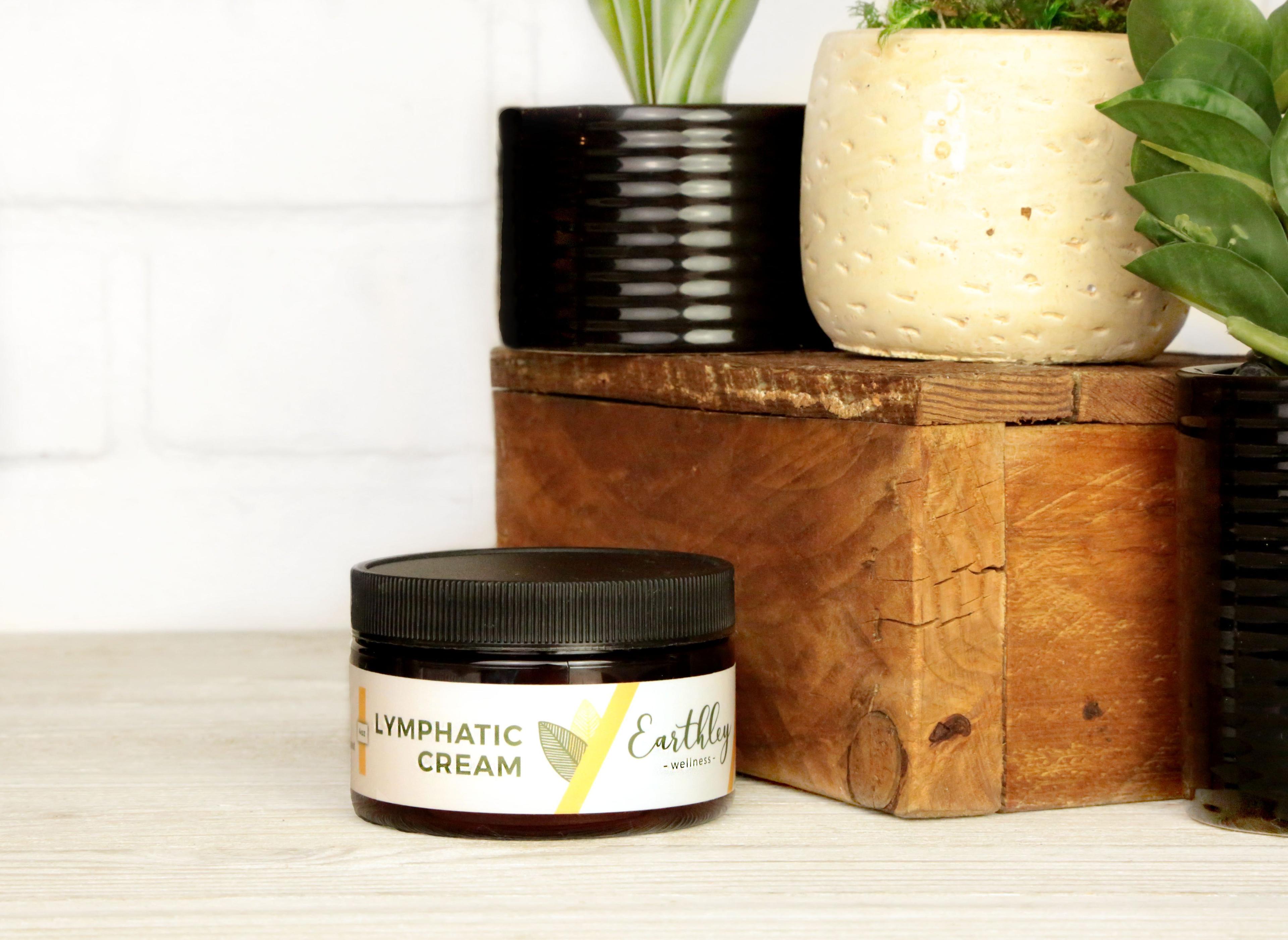Why Do My Armpits Stink? (with a DIY)

The Stench.
The Wetness.
The Eek!
Ever wondered why your armpits suddenly turn into a smelly battlefield? You’re not alone.
While the technical culprit behind underarm odor is the bacterial breakdown of sweat. When the bacteria on your skin chow down on the proteins and fatty acids in our perspiration, they release compounds that create that unmistakable aroma. While the exact scent varies from person to person, it can be influenced by factors like diet, hygiene, medical conditions, and stress.
Let’s dive into the nitty-gritty of why your armpits might smell, and then how you can tackle the problem head-on along with some product suggestions and DIYs.
Diet: We Are What We Eat
What we eat can have a significant impact on how we smell. Here’s a closer look at some foods that can either make us smell delightful or downright stinky. Our gut health is so important and affects nearly every part of our health. If you are struggling to find natural support for gut health, check out our Gut Health Bundle.
Sulfur-Containing Foods
Foods like garlic, onions, and cruciferous vegetables (think broccoli, cabbage, and brussels sprouts) are loaded with sulfur compounds. When we eat these foods, sulfur is released through our skin and sweat, leading to a potentially potent body odor. While these foods are great for our health, you might want to plan them out with less odor-inducing options if you’re planning to be in close quarters!
Spices and Strong-Flavored Foods
Spicy foods, curry, and other intensely flavored foods can also contribute to body odor. These foods have compounds that are released through the pores after digestion. While they add zing to meals, they can also add it to our sweat scent.
Alcohol
Consuming alcohol can affect body odor because it’s metabolized and excreted through sweat, breath, and urine. The byproducts of alcohol metabolism can contribute to a noticeable odor.
Highly Processed Foods
Diets high in processed foods can also impact body odor. These foods alter our body’s natural balance and metabolism, leading to changes in the scent of our sweat and skin. Opting for a balanced diet with plenty of fresh fruits and vegetables goes a long way to keeping the body odor in check! Check out Kate’s printed cookbook: Wholesome Real Food Favorites Cookbook.
Fish
Some people have a genetic disorder called trimethylaminuria, which impairs their ability to break down a compound called trimethylamine found in fish. This can lead to a strong, fishy body odor. If you notice this particular scent after eating fish, you may want to consider getting checked for this condition.
Dairy Products
Some individuals experience body odor changes after consuming dairy products due to lactose intolerance or the presence of certain bacteria in the digestive system. If dairy seems to be the culprit, consider reducing your intake or opting for lactose-free or raw options.
What helps?
Helping Hydration
Staying hydrated can help minimize body odor by flushing out toxins and waste products from the body, reducing the concentration of odor-causing compounds. So, drink up!
Helping Herbs and Greens
Conversely, foods like parsley, mint, and chlorophyll-rich vegetables (such as spinach and kale) can help neutralize body odor. These foods can detoxify the body and freshen breath and body scent.
Hygiene: The Basics
Good hygiene practices are essential for keeping body odor at bay. Here are some tips to ensure you stay fresh and clean.
Regular Bathing
Regular showers or baths help remove sweat, dirt, bacteria, and dead skin cells from the surface of your skin. This reduces the build-up of bacteria that break down sweat into odor-causing compounds.
Effective Use of Soap
Using a gentle and effective soap, like the 3-in-1 Soap Bar from Earthley, can help drop the bacteria that cause body odor. My favorite scent is called Rustic. It has a mix of rich oils and butter with frankincense, coriander, bergamot, and patchouli. This brings a good dose of naturally moisturizing and antimicrobial properties to the table.
Proper Drying
After bathing, thoroughly dry your skin, especially in areas where sweat accumulates. Bacteria thrive in moist environments, so keeping your skin dry can reduce odor. You can use powders like Earthley’s Herbal Baby Powder to help keep it dry after a shower.
Deodorants and Antiperspirants
Deodorants help mask or neutralize body odor, while antiperspirants reduce sweat production. That is not a good thing -- despite how lovely less sweat sounds. Your body is constantly trying to detox all the nasty things we expose our body to, and guess where most of that waste-filled fluid travels? Through our lymphatic system, and it has lots of little “checkpoints” called lymph nodes along the way. A huge clump of those are located right in the armpit, and when they get clogged, you can feel the pain.
Antiperspirants have active ingredients, usually aluminum-based compounds such as aluminum chloride, aluminum chloralhydrate, or aluminum zirconium. These compounds then form a gel-like substance that creates a temporary plug in the sweat ducts. This plug reduces the amount of sweat that reaches the skin’s surface to keep the armpits drier. Using antiperspirants can significantly reduce the metabolic waste from getting out in the sweat. When it cannot get out there, it soaks into the surrounding tissue until absorbed into the lymphatic fluid or blood to be taken out.
While the “mainstream” ruling is that it only blocks the fluid in the sweat glands, not the lymphatic fluid, my years of growing up on a farm tell me when I block one cow’s gutter, it will wind up in the next one!
Clean Clothing
Wearing clean shirts and underclothes is important. Clothes absorb sweat and bacteria, so changing them regularly helps keep a fresher smell.
Medical Conditions: When It's More Than Just Sweat
Certain medical conditions can affect body odor, making it more challenging to manage. Here are a few examples to be aware of. Just a reminder, neither I nor Earthley are medical professionals. We offer this information for educational purposes only and cannot cure, treat, or diagnose anything.
Hyperhidrosis
This condition involves excessive sweating, creating an environment where odor-causing bacteria thrive. The increased moisture can lead to stronger body odor.
Bromhidrosis
Also known as osmidrosis, this condition is characterized by chronic and excessive body odor due to bacterial breakdown of sweat. It often affects areas like the armpits and feet.
Trimethylaminuria
Known as "fish odor syndrome," this genetic disorder prevents the body from breaking down trimethylamine, a compound found in certain foods. The accumulation of this compound can cause a strong, fishy body odor, including in the armpits.
Diabetes
Poorly managed diabetes can lead to a condition called diabetic ketoacidosis, where the body produces high levels of ketones. This can result in a fruity or acetone-like odor, noticeable in both breath and sweat.
Thyroid Disorders
Both hyperthyroidism (overactive thyroid) and hypothyroidism (underactive thyroid) can affect sweat production and body odor. Hyperthyroidism can lead to increased sweating, while hypothyroidism can change the bacterial composition on the skin.
Liver and Kidney Diseases
These conditions can impair the body’s ability to eliminate toxins. The accumulation of waste products can cause changes in body odor, including a strong or unusual smell in the sweat.
Infections
Bacterial or fungal infections, particularly in the armpit area, can produce a strong odor. Conditions like intertrigo (a rash in skin folds) can exacerbate this issue.
Hidradenitis Suppurativa
This chronic skin condition causes painful lumps and abscesses in the sweat glands, often in the armpits. The infection and inflammation associated with this condition can lead to unpleasant odors.
Metabolic Disorders
Certain rare metabolic disorders can affect body odor. For example, phenylketonuria (PKU) can cause a musty odor due to the inability to break down the amino acid phenylalanine.
Obesity
Excess body weight can lead to increased sweating especially in skin folds, where moisture can accumulate and bacteria can thrive, resulting in stronger body odor.
Stress: The Silent Stink Maker
Stress can significantly affect armpit odor due to the body's physiological response to stress, particularly the activation of sweat glands.
Activation of Apocrine Sweat Glands
The body has two main types of sweat glands: eccrine and apocrine glands. Eccrine glands produce watery sweat primarily to cool the body and are found all over the skin. Apocrine glands, concentrated in areas like the armpits, produce thicker, milky sweat rich in proteins and lipids. Stress primarily activates the apocrine glands.
Bacterial Breakdown of Sweat
The sweat produced by apocrine glands is initially odorless. However, when it reaches the skin's surface, bacteria break down the proteins and lipids in the sweat, leading to the production of odor-causing compounds. These compounds are responsible for the characteristic "stress sweat" smell. Stress can lead to increased sweating from both glands.
Hormonal Changes
Stress triggers the release of stress hormones such as adrenaline and cortisol. These hormones can increase heart rate and blood flow, leading to heightened sweat production, particularly from the apocrine glands.
Not sure where to start with your hormone journey? Take our Hormone Quiz!
Emotional and Psychological Factors
Emotional stress can worsen the body's physical response to stress, including sweating. Anxiety about body odor can create a feedback loop, where worry about smelling bad leads to increased stress and more sweating.
So, again, why do armpits stick – and more importantly, what can we do about it?
So, why do your armpits stink? It’s a mix of diet, hygiene, medical conditions, and stress. By understanding the factors that contribute to body odor, you can take steps to minimize it. Adjusting your diet, supporting good hygiene, addressing any medical conditions, and managing stress can all help keep you smelling fresh. Remember, everyone’s body odor is unique, but there are natural and safe ways to help reduce the smell!
In the meantime, check out these powerful pit-busters below for effective, daily support!
How Magnesium and French Green Clay Can Improve Armpit Smell!
Are you looking for a natural way to keep your armpits smelling fresh? Magnesium and French green clay might be just the solution you need. These two natural ingredients can help improve armpit odor by addressing the root causes of body odor.
Let's explore how each of these elements works their magic.
Magnesium: The Deodorizing Powerhouse
Magnesium is a mineral that's essential for numerous bodily functions, including muscle and nerve function, blood sugar control, and bone health. But did you know it can also help keep body odor at bay? Here’s how:
- Neutralizes Odor: Magnesium can help neutralize the acidic environment that bacteria need to thrive. When applied topically, magnesium can make the skin less hospitable to odor-causing bacteria, reducing the breakdown of sweat into smelly compounds.
- Improves pH Levels: The skin’s pH level can influence body odor. Magnesium affects many of the processes (barrier function, sebum production, anti-inflammatory, cellular repair, etc.) that lead to balancing the pH levels of your skin, making it less favorable for bacterial growth. By creating a likelihood of a more neutral pH environment, the chance of odor development is reduced.
- Gentle on Skin: Unlike some commercial deodorants that have aluminum and other harsh chemicals, magnesium is gentle on the skin and less likely to cause irritation. This makes it a great choice for people with sensitive skin.
- Hydration and Detoxification: Magnesium can help maintain skin hydration and support the detoxification process. Properly hydrated and detoxified skin can reduce the build-up of toxins that contribute to body odor.
Read more scientific data about magnesium here: Effects of magnesium chloride on the anaerobic digestion and the implication on forward osmosis membrane bioreactor for sludge anaerobic digestion
French Green Clay: The Natural Detoxifier
This clay is also called “sea clay.” It’s known for its powerful detoxifying properties and has been used for centuries for its healing benefits. Here’s how bentonite clay can help improve armpit smell:
- Absorbs Toxins and Impurities: French green clay has a high capacity for absorbing toxins and impurities due to its unique mineral content. It attracts and binds to dirt, oil, and toxins on the skin, effectively drawing them out and leaving the skin clean and refreshed.
- Stimulates Blood Circulation: When applied to the skin, French green clay helps stimulate blood flow and lymphatic drainage. This increased circulation aids in the removal of toxins from the skin and supports the body’s natural detoxification processes.
- Balances Sebum Production: French green clay can absorb excess oil without stripping the skin of its natural moisture. This makes it an excellent choice for those with oily or acne-prone skin, as it helps to balance sebum production and prevent clogged pores.
- Cleanses and Exfoliates: French green clay acts as a natural exfoliant, removing dead skin cells and promoting the regeneration of new ones. This gentle exfoliation helps to unclog pores, improve skin texture, and reveal a smoother, more radiant complexion.
- Reduces Blemishes and Acne: Due to its antibacterial and anti-inflammatory properties, French green clay can help reduce the occurrence of acne and blemishes. It soothes irritated skin, reduces redness, and helps heal existing breakouts.
- Soothes Irritation and Inflammation: The clay’s anti-inflammatory properties make it effective in calming irritated or inflamed skin.
Read more scientific data about French green clay here: Antibacterial clay against gram-negative antibiotic resistant bacteria
Using Magnesium and French Green Clay Together
When combined, magnesium and French green clay can create a powerful natural deodorant.
That is why so many of our customers love our Mineral Deodorant Plus! It mixes these two powerhouses together with apricot oil, mango butter, candelilla wax, and options of essential oils for a nice-smelling, skin-soothing, detoxifying experience for your pits.
We also have a Detoxifying Pit Mask that helps you transition from mainstream antiperspirants to natural deodorant. Detox your armpits to rid your body of toxic chemicals from conventional antiperspirants and deodorants. You can also use this to promote detox generally!
If DIY is your thing, here’s a recipe:
DIY Magnesium and Clay Deodorant
Ingredients:
- 1/4 cup French green clay or bentonite clay
- 1/4 cup arrowroot powder or cornstarch
- 1/4 cup coconut oil
- 1 tablespoon magnesium oil (or magnesium chloride flakes dissolved in water)
- Essential oils (optional for fragrance)
Instructions:
- In a glass bowl, mix the bentonite clay and arrowroot powder.
- Add the coconut oil and magnesium oil to the dry ingredients. Mix well until you achieve a smooth, creamy consistency.
- If you’d like, add a few drops of your favorite essential oil for fragrance.
- Transfer the mixture to a clean, empty deodorant container or a glass jar with a lid.
To use, apply a small amount to your armpits and let it absorb.
Magnesium and French green clay are fantastic natural options for improving armpit smell. By neutralizing odor, absorbing toxins, and reducing bacterial growth, these ingredients offer a gentle and effective solution for keeping your armpits fresh while you improve your diet and work on other things like stress. Give our natural Mineral Plus deodorant a try to enjoy the benefits of a more pleasant and healthier approach to body odor control.
Products that may help you on this journey:
Pit and body support:
Gut Support for better digestion:
These three products can be found in our Gut Health Bundle!
Our Resources that may benefit you:
Kate’s printed cookbook: Wholesome Real Food Favorites Cookbook
Stress Less: A Guide to Stress and Anxiety
What No One Tells You About Hormone Balance
Find what you need below!
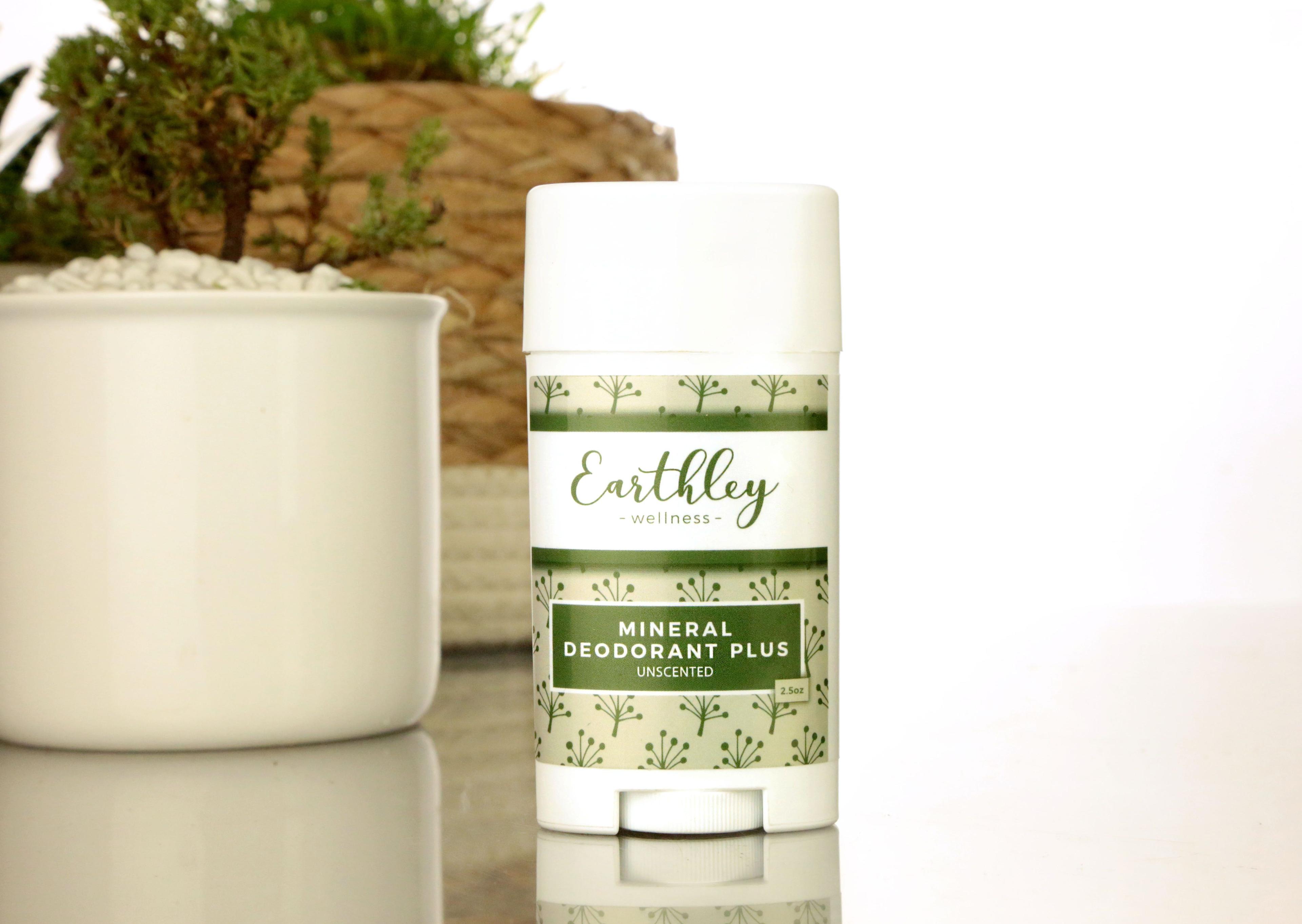
For extra odor-trapping (no aluminum or baking soda)
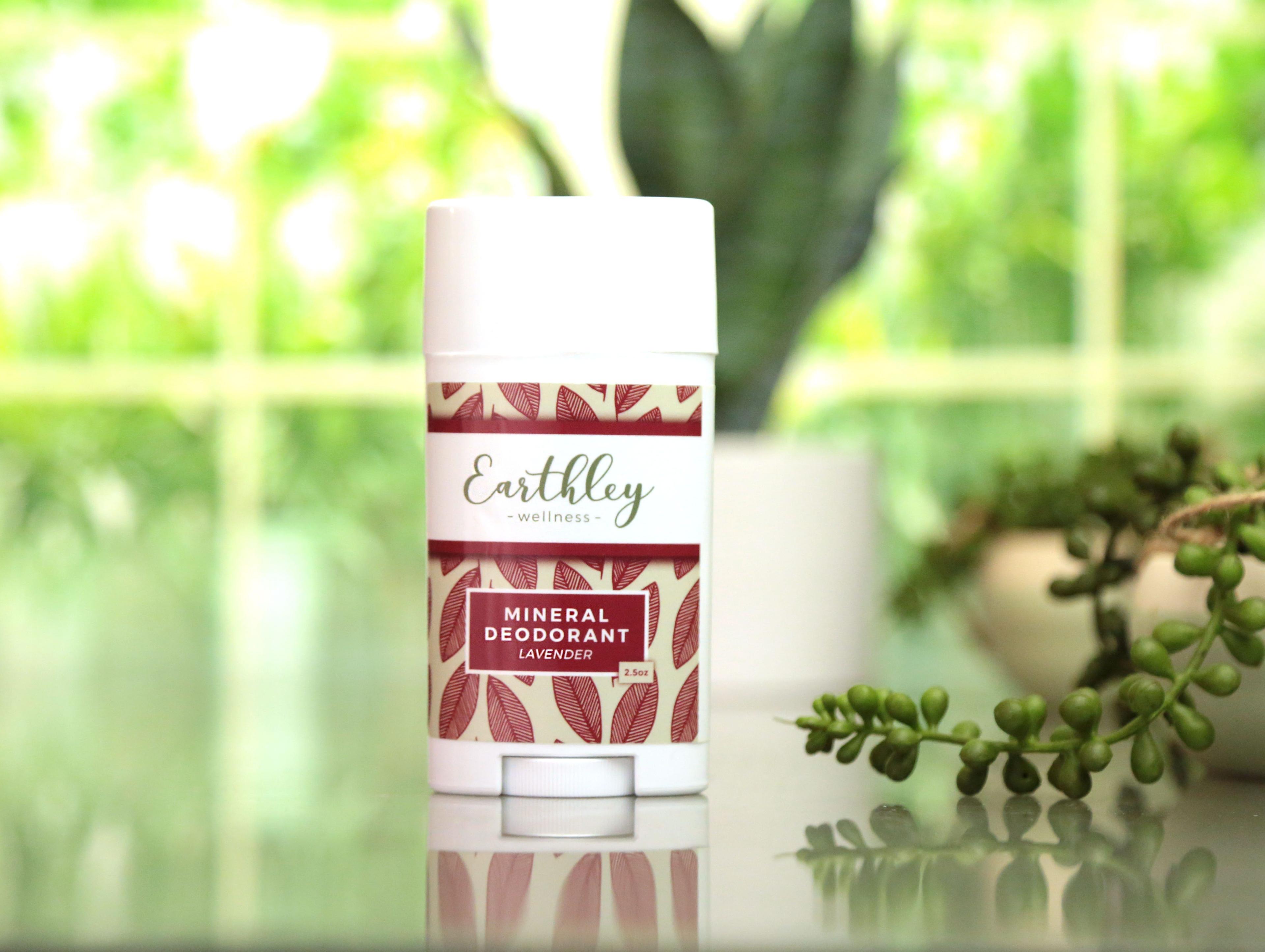
For freshness (no aluminum or baking soda)
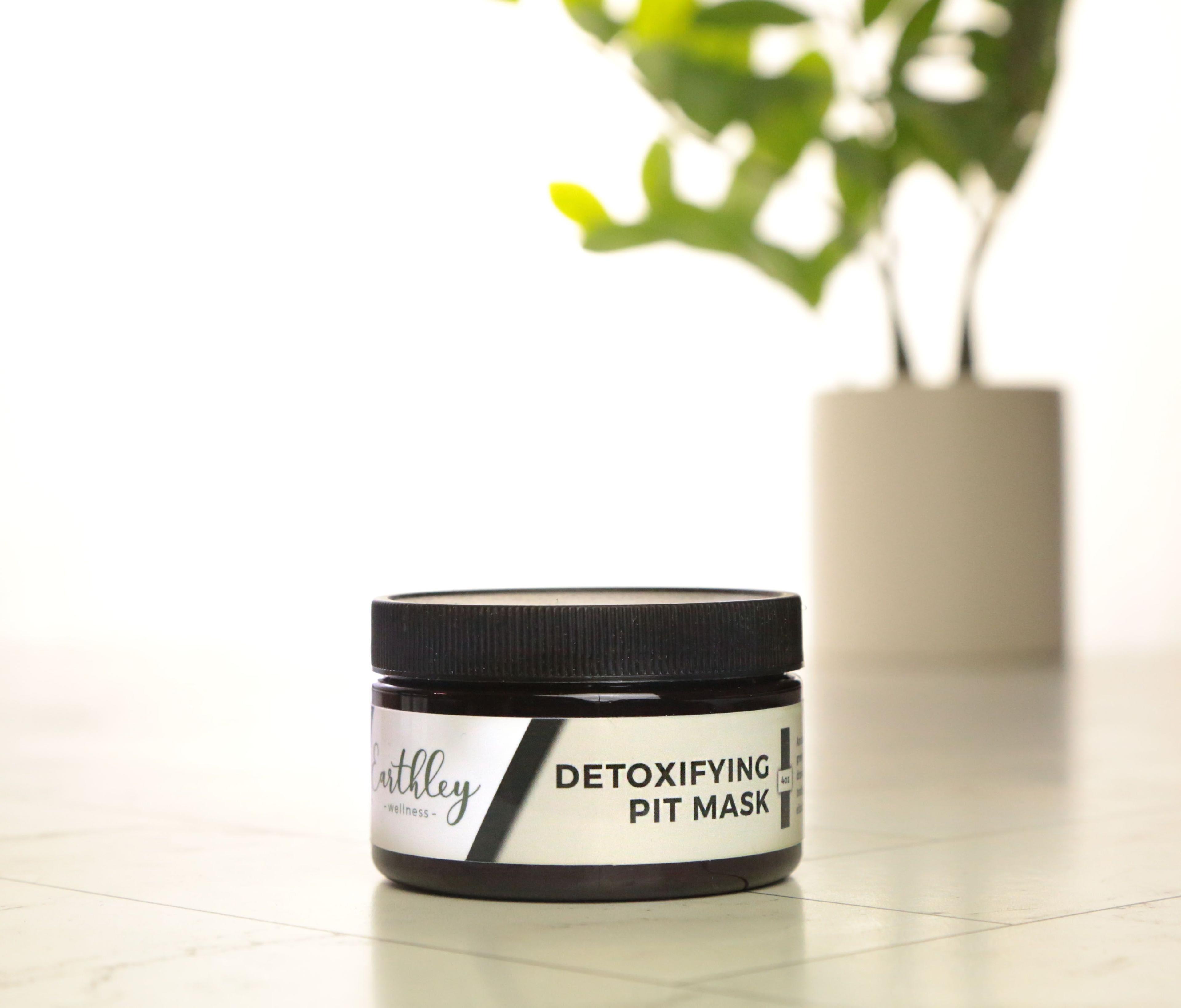
For pulling toxins out quickly
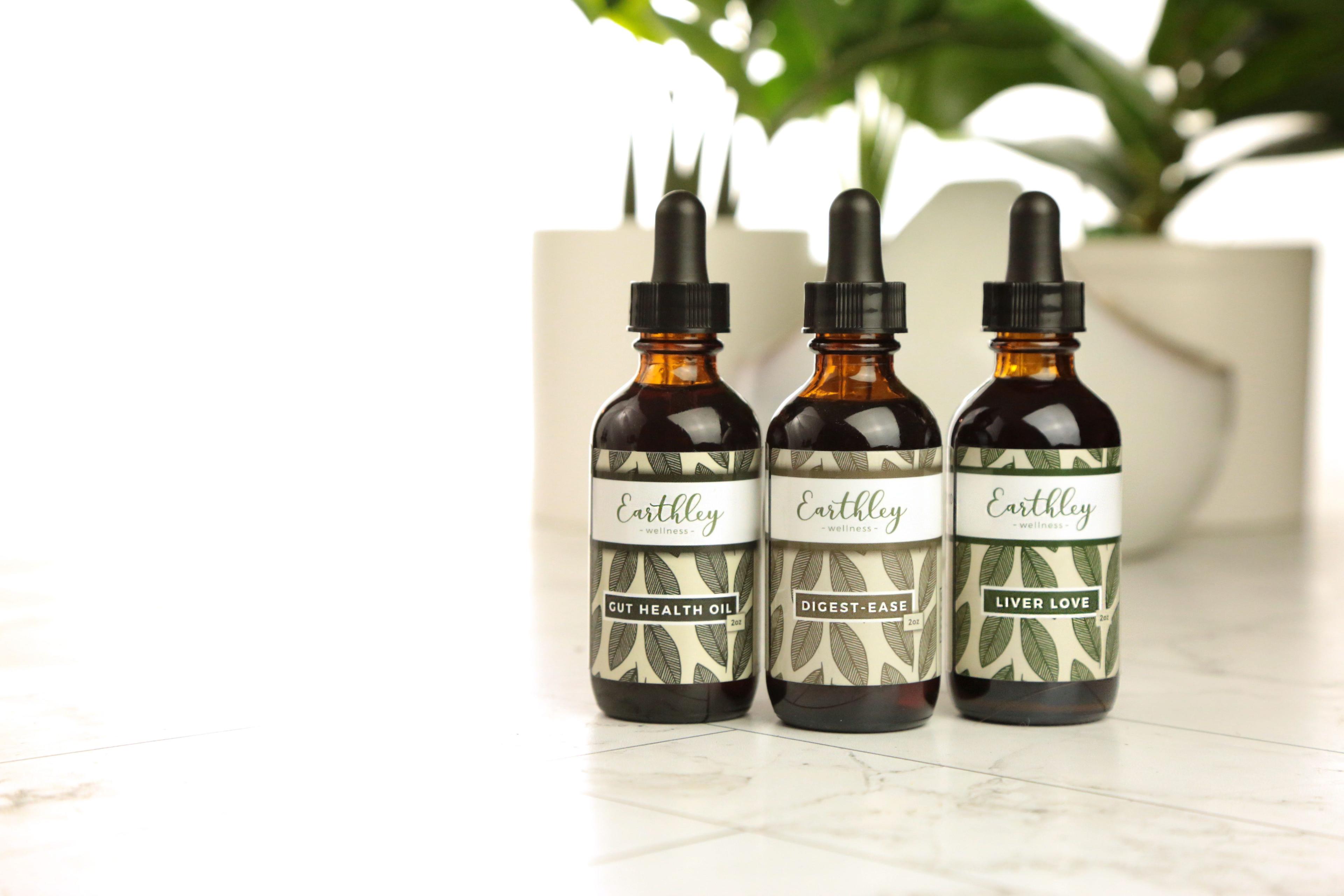

For face, hair, and body

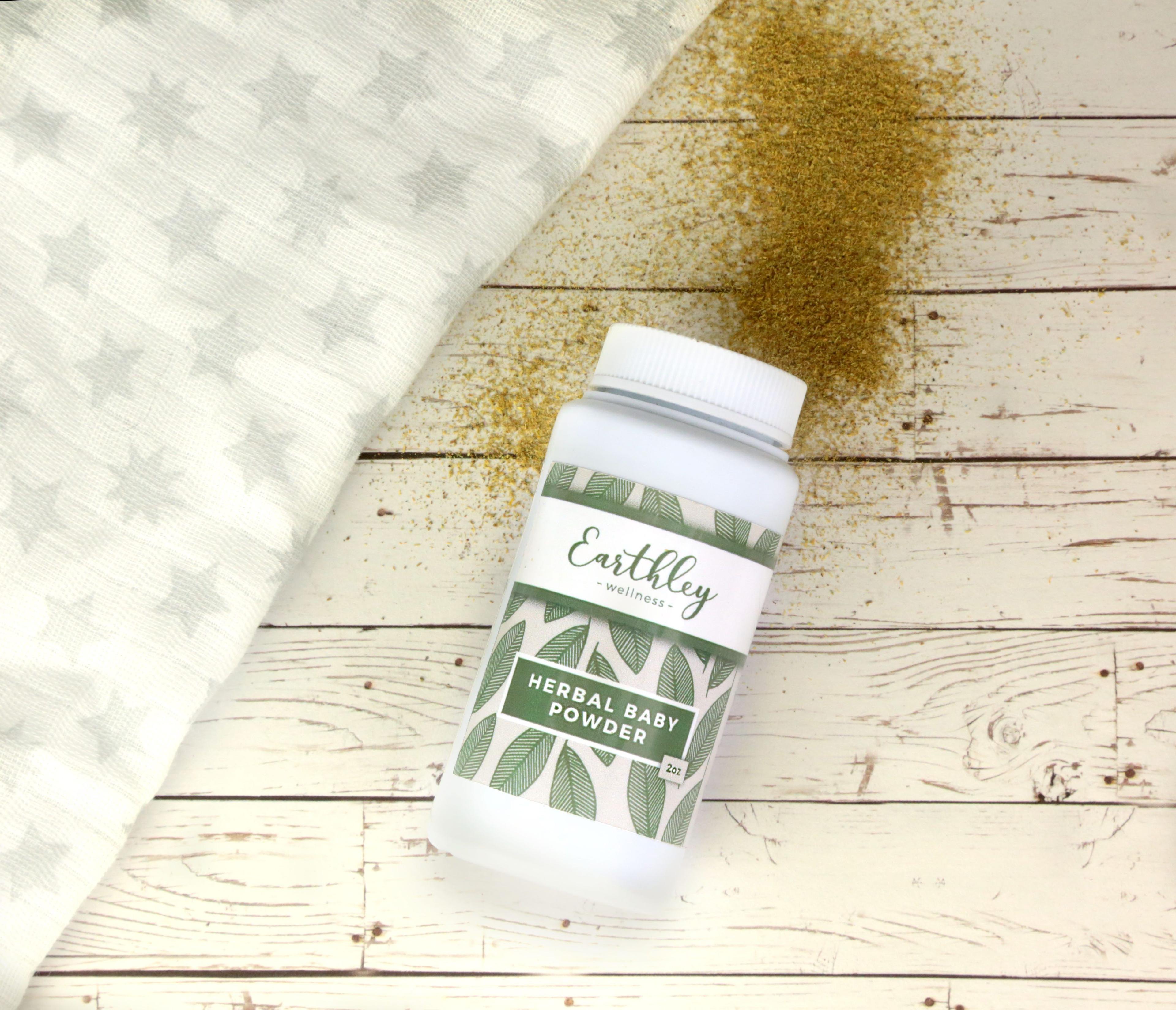
All-natural soothing baby powder

For healthy sleep and magnesium (NEW! Moonlight Bloom scent)
